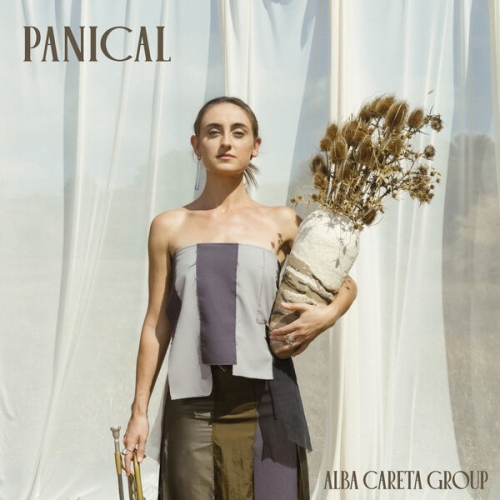Johnny Clegg & Savuka - The Best Of Johnny Clegg And Savuka: In My African Dream (1994)
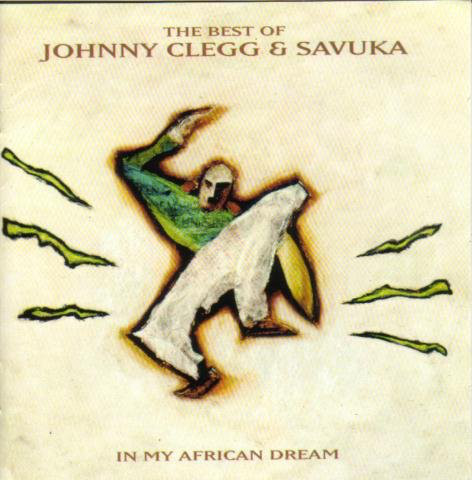
Artist: Johnny Clegg & Savuka
Title: The Best Of Johnny Clegg And Savuka: In My African Dream
Year Of Release: 1994
Label: Priority Records
Genre: Folk Rock, Folk Pop, World
Quality: Mp3 320 / Flac (tracks)
Total Time: 01:09:26
Total Size: 168 / 506 Mb
WebSite: Album Preview
Title: The Best Of Johnny Clegg And Savuka: In My African Dream
Year Of Release: 1994
Label: Priority Records
Genre: Folk Rock, Folk Pop, World
Quality: Mp3 320 / Flac (tracks)
Total Time: 01:09:26
Total Size: 168 / 506 Mb
WebSite: Album Preview
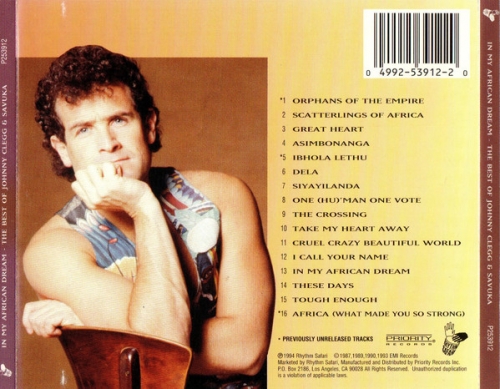
Tracklist:
01. Scatterlings Of Africa
02. Great Heart
03. Asimbonanga (Mandela)
04. Ibhola Lethu (Our Football Team)
05. Dela (I Know Why The Dog Howls At The Moon)
06. Siyayilanda
07. One (Hu)'Man One Vote
08. The Crossing (Osiyeza)
09. Take My Heart Away
10. Cruel, Crazy, Beautiful World
11. I Call Your Name (Ngibiza Igama Lakho)
12. Third World Child
13. Tough Enough
14. These Days
15. In My African Dream
16. Africa (What Made You So Strong)
Johnny Clegg - Lead vocals, Guitars, Concertina, Mouth Bow, Jaw Harp
Steve Mavuso - Keyboards, Backing Vocals
Derek de Beer - Drums, Percussion, Backing Vocals
Keith Hutchinson - Keyboards, Saxophone, Flute, Backing Vocals.
Dudu "Zulu" Ndlovu - Live Percussion and Dancing, Backing Vocals.
Solly Letwaba - Bass Guitar, Backing Vocals.
Mandisa Dlanga - Additional Backing Vocals.
Savuka (based on the Zulu word for the phrase "we have arisen") was formed by Johnny Clegg in 1986 after the demise of his musical partnership with Sipho Mchunu as Juluka.
Whereas Juluka were more of a local cultural curiosity and crossover project during the height of apartheid and the pair’s musical relationship was often subjected to racial abuse, threats of violence and police harassment, Savuka went one bold step further: multi-racial, of course, but they also had a political agenda. The issue of racial and social injustice, which has been at the core of so much of Johnny Clegg’s work over the years, was more prominent.
Says Clegg: "Savuka was launched in the State of Emergency, 1986. The entire album was hard-hitting, it was directly political and it had very strong political metaphors. That’s the album I wrote the song for Mandela and released it commercially inside South Africa, that’s the album which was also restricted and banned, the video was heavily banned."
"Musically, Savuka tended to be more of an international melange, it was more rock, it was more hard, it was a harder edge sound and we were not drawing just on Zulu guitar. I drew on many other influences. I drew on Zimbabwean guitar music, I drew on Zairian music, I drew on Latin-American rhythms and even in the last album I drew on a traditional Hindu prayer song."
The breakthrough album was "Third World Child" in 1987 but their success reached its zenith with "Cruel, Crazy Beautiful World" (1989) which was followed by "Heat, Dust & Dreams" (nominated for a Grammy) in 1993.
Also in 1993, percussionist Dudu "Zulu" Ndlovu was assassinated in a conspiracy relating to a taxi war, and Savuka was terminated that same year.
Whereas Juluka were more of a local cultural curiosity and crossover project during the height of apartheid and the pair’s musical relationship was often subjected to racial abuse, threats of violence and police harassment, Savuka went one bold step further: multi-racial, of course, but they also had a political agenda. The issue of racial and social injustice, which has been at the core of so much of Johnny Clegg’s work over the years, was more prominent.
Says Clegg: "Savuka was launched in the State of Emergency, 1986. The entire album was hard-hitting, it was directly political and it had very strong political metaphors. That’s the album I wrote the song for Mandela and released it commercially inside South Africa, that’s the album which was also restricted and banned, the video was heavily banned."
"Musically, Savuka tended to be more of an international melange, it was more rock, it was more hard, it was a harder edge sound and we were not drawing just on Zulu guitar. I drew on many other influences. I drew on Zimbabwean guitar music, I drew on Zairian music, I drew on Latin-American rhythms and even in the last album I drew on a traditional Hindu prayer song."
The breakthrough album was "Third World Child" in 1987 but their success reached its zenith with "Cruel, Crazy Beautiful World" (1989) which was followed by "Heat, Dust & Dreams" (nominated for a Grammy) in 1993.
Also in 1993, percussionist Dudu "Zulu" Ndlovu was assassinated in a conspiracy relating to a taxi war, and Savuka was terminated that same year.
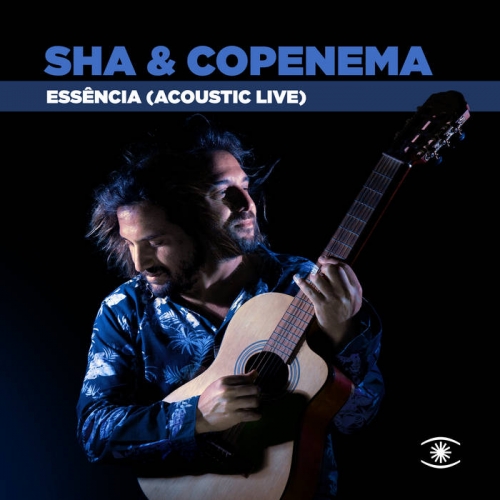
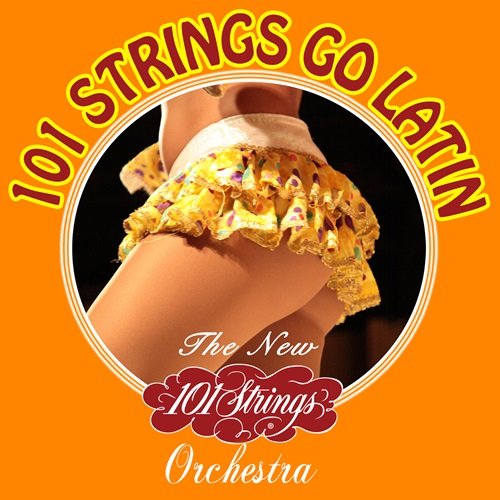
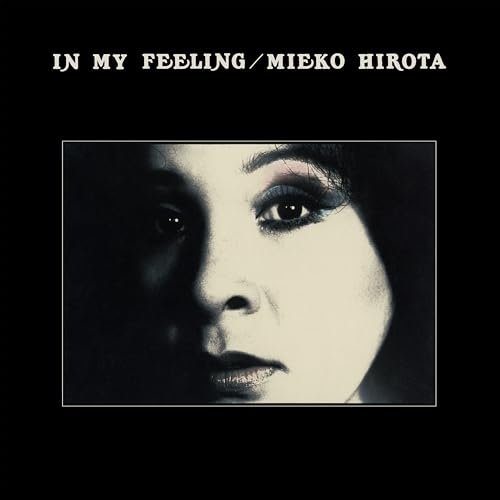
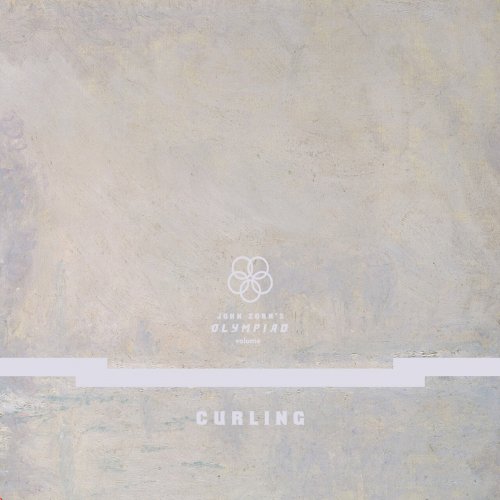
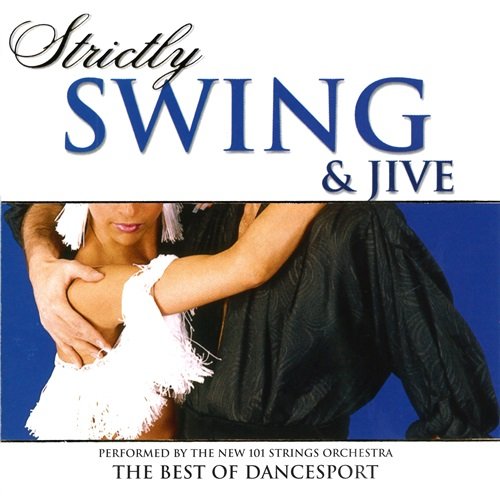
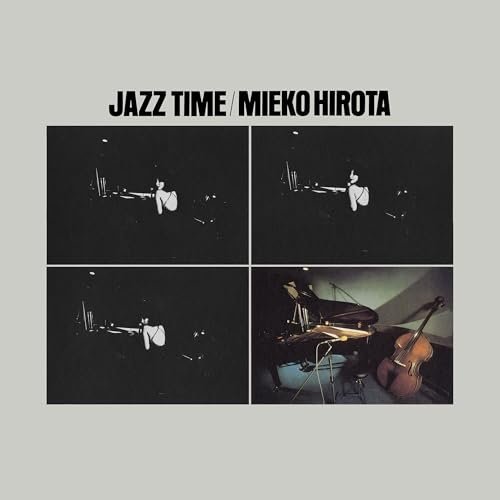
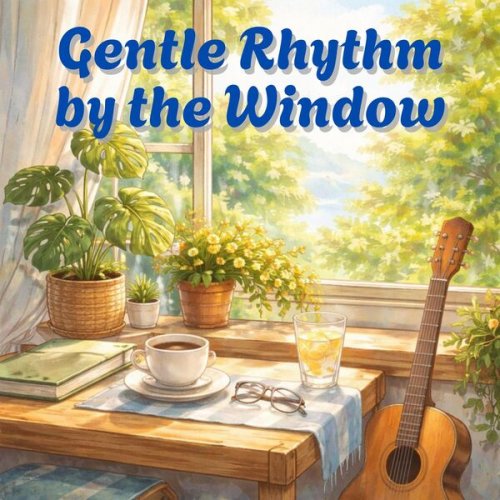
![Roberta Flack - With Her Songs: The Atlantic Albums, 1969-1978 (2026) [Hi-Res] Roberta Flack - With Her Songs: The Atlantic Albums, 1969-1978 (2026) [Hi-Res]](https://www.dibpic.com/uploads/posts/2026-02/1770307025_cover.jpg)
